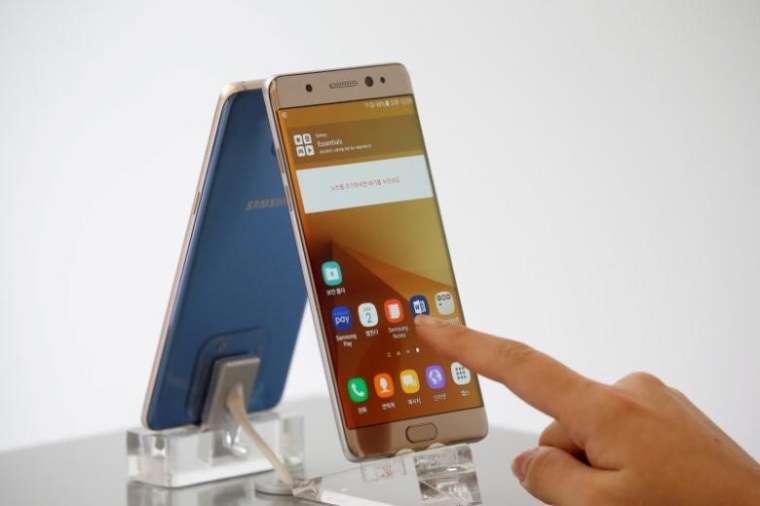Beleaguered smartphone maker Samsung scored a victory in the U.S. Supreme Court Tuesday in a long-running patent fight with Apple.
In a unanimous ruling, the court said Samsung does not have to pay all the profits it earned from the sale of eleven different versions of its smartphones. Instead the court said Samsung must pay only for infringing Apple's patents on some elements of the iPhone's design.
Apple claimed that Samsung copied many of the distinctive features of the iPhone, including the rectangular shape with rounded corners, black translucent front screen, and grid display of colorful icons for applications. Two lower courts ruled in Apple's favor.
The lower courts said Samsung must give up all its profits from the smartphone sales, which a jury found to be nearly $400 million. The rulings were based on a federal law that says a company which copies and applies a patented design to "any article of manufacture" is liable "to the extent of his total profit."
Samsung urged the Supreme Court to rule that it made no sense to apply the law to a complicated product like a smartphone, and the court agreed.
Interpreting the law to mean only an entire product "gives too narrow a meaning to the phrase," wrote Justice Sonia Sotomayor.
Tuesday's ruling sends the case back to the lower courts to figure out the exact nature of Samsung's patent violations and the amount it owes Apple.
Dell, Hewlett-Packard and other computer makers had urged the justices to rule for Samsung. A victory for Apple, they said in a friend of court brief, would have "a devastating impact on companies that spend billions of dollars annually on research and development for complex technological products and their components."

